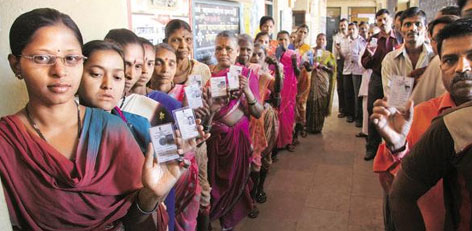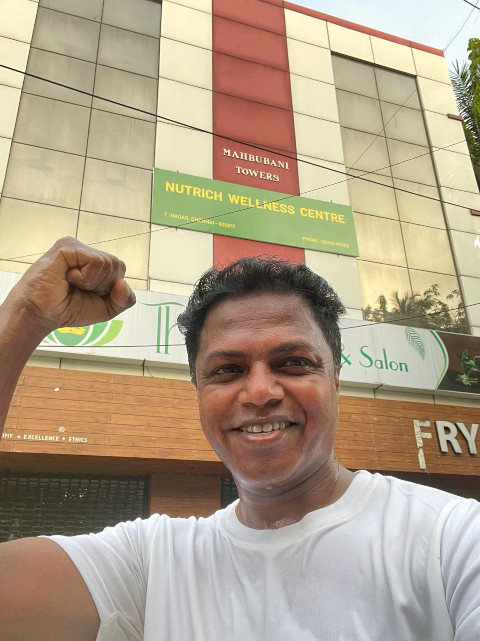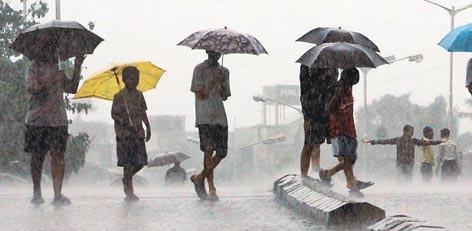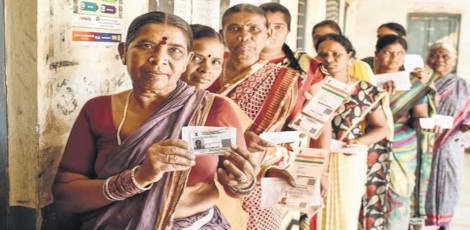No. of views : (5726)
A short guide to vaccinations
Posted on: 02/Jul/2015 10:42:58 AM

A child may show symptoms similar to a cold or a flu after a vaccination. Unless these are very alarming, you can rest in peace and just follow medication given by a doctor.
If the child has a cold, cough, fever or any other common illness, do not let that affect the schedule of the vaccination. Do not postpone the vaccination. Visit a doctor who will be able to advise you accordingly.
If the child has vomiting, diahorrea or any other stomach related issues, avoid polio drops. Similarly, if he or she is experiencing a very high fever or other unnatural symptoms, do not take the vaccination unless a doctor has been asked beforehand.
The period of time between vaccinations is very important. Stick to the schedule given to you by your paediatrician. DPT vaccine must be put at 4 weeks and Polio drops taken at the regular intervals.
Keep in mind that those children who have received the DPT booster vaccine are safe from tetanus. So you need not take your child for a TT shot every time they have a small fall or a small wound. Do take necessary action when the wound is serious.
The best place to get an injection is the thigh and not the buttocks. Parents should also watch while the vaccination is being given, to ensure that the syringe and needle used are brand new. There will be swelling and slight pain in the area of the injection given, but do not fret.







